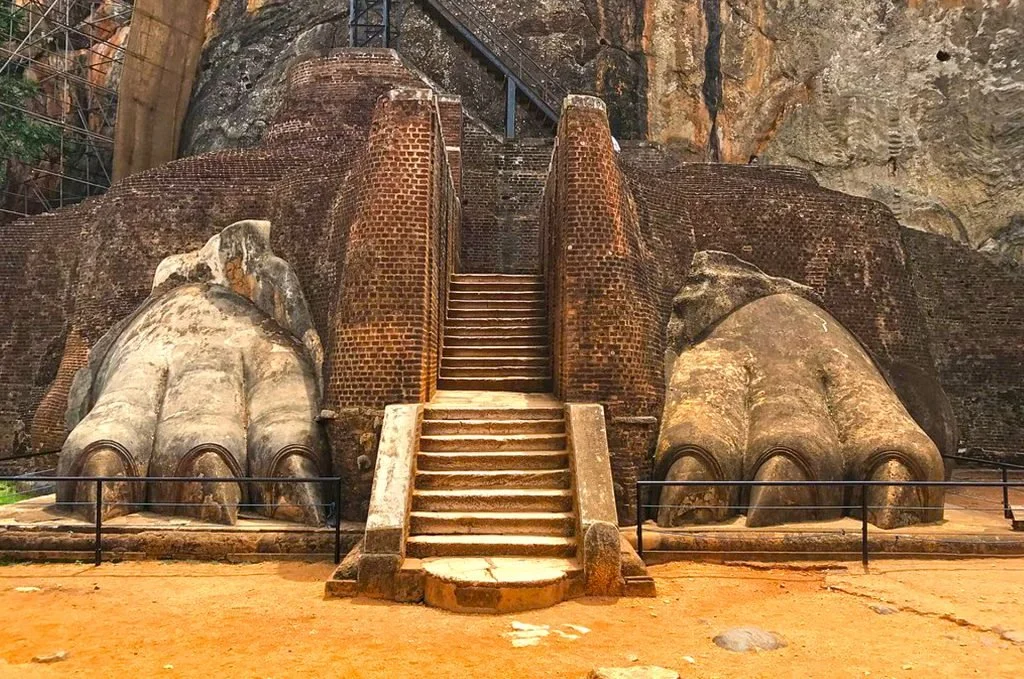Painting workshop
I led a three-part workshop on sacred art traditions for a private group, exploring the technical mastery and spiritual significance of early Italian Renaissance painting.
Drawing from my formal training in painting in Florence, I guided participants through both theoretical foundations and hands-on application of these historical methods, using some of my own color recipes.
The second session examined the intersection of folk traditions and enduring techniques: icon creation, altar aesthetics, devotional images, and ritual symbolism across cultures. We explored retablos, architectural integration, and the technical mastery of light and shadow representation, contrasting Eastern and Western sacred artistic traditions.
The most rewarding aspect was creating space for participants to reveal their paintings and share the personal stories behind their choices of subject and technique. The evening became a generous exchange of artistic expression and spiritual reflection.
This workshop allowed us to experiment with knowledge transfer and explore art's role in meaning-making across civilizations.
Thank you to St. James' Episcopal Church for providing both the space and trust necessary for this exploration.
Applications to future work: Model for integrating technical instruction with philosophical understanding.
Themes: Technical-spiritual integration, knowledge transfer, community through creation, creative inquiry.







